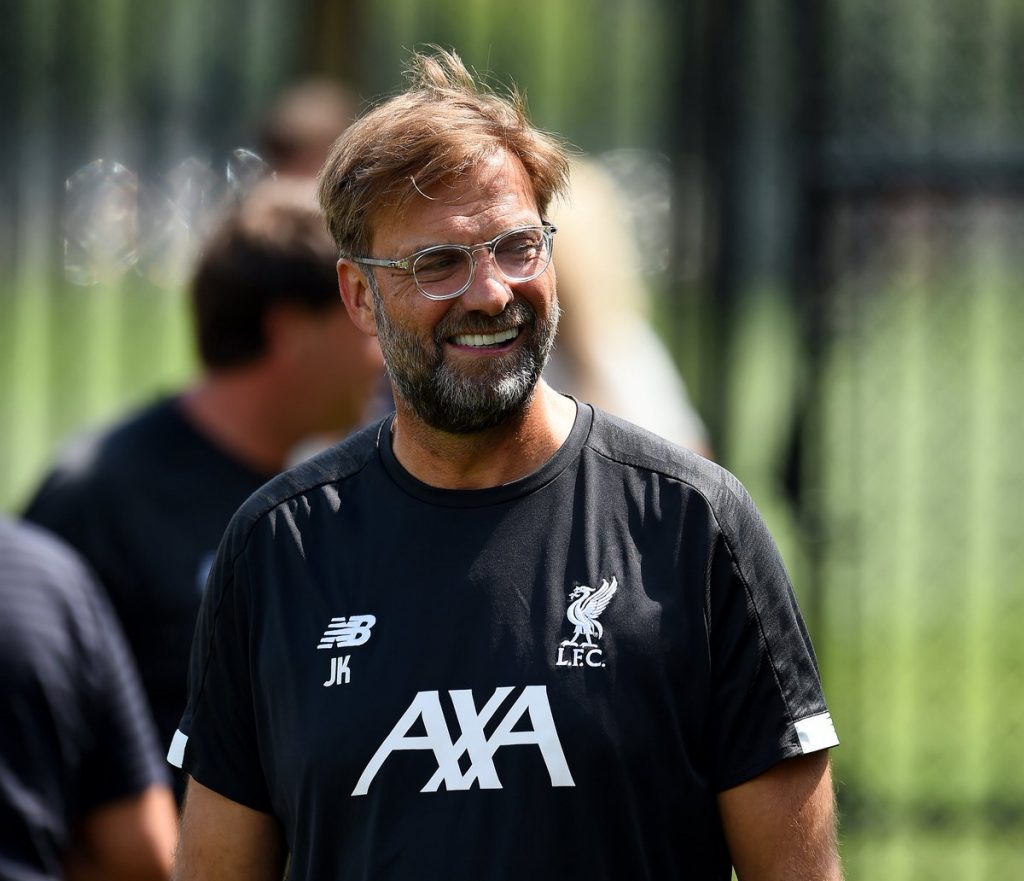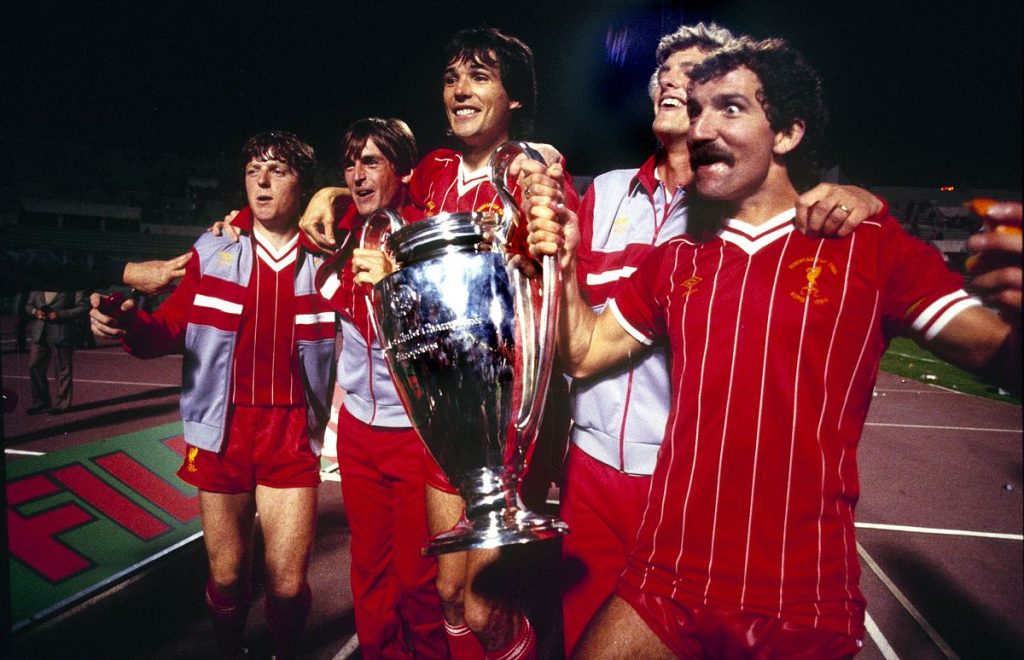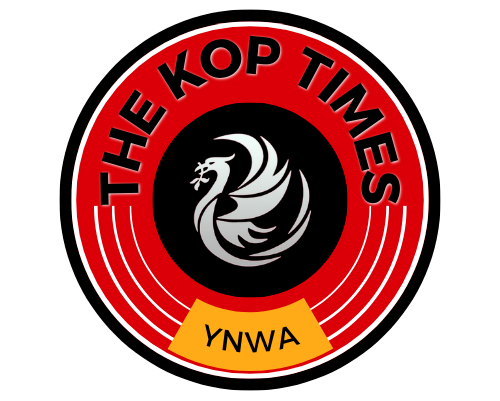
Yes, we know it will be 30 years since Liverpool last won the league. We also know they trail Manchester United by two titles. Those are both very worthy and realistic targets—ones that will reset the footballing balance, remove a couple of monkeys from the backs of fans and players alike, and make the less-noisy neighbours up the M62 even more subdued. However, they are both short-term goals—small beer compared to what Liverpool’s sights should be set on.
A Change in Mentality
For Liverpool it should not just be about winning the title and banishing all those years of frustration. It needs to be about building a legacy—about stamping their authority on an era or decade like so many of the clubs have done in the past. It is a sign of how far the club has come that we are in November and they are level pegging with Barcelona in the bookies’ minds to retain the biggest cup competition in club football.
It is that expectancy—in the shape of fear, jealousy and a benchmark to strive for in the eyes of rival clubs (and belief and self-assuredness for the team in question)—that makes all the difference. Last May we pointed out the slight shifting of the guard, with Jurgen Klopp’s men going into a major final as favourites. The German has put in place a mental steeliness over the last 18 months to two years, so it should not be a surprise that they were able to deal with the added pressure that comes with it. It is easy to build team spirit under the mantle of the underdog, where it is you against the world. That only gets you so far, and if successful, that mentality needs to transition to that of a team and a set of individuals who feel they deserve success—and that there is no one out there who will strip them of it.
Lay Claim to an Era
Reaching that level, achieving that mentality and reputation, and then (most importantly) going out onto the pitch and living up to and justifying it, is the next step and the one that Liverpool now need to make. Over the decades at the highest level of English football, there have been eras that have been dominated by one team. In the last decade of the 19th century, Sunderland won three titles and came in second in a four-season period. In the mid-1920’s Huddersfield won back-to-back-to back titles, followed by successive runners-up places. A decade later Arsenal won the title five times in six seasons, finishing second in the one they missed out on.

Fast forward to the next period when one team could really lay claim to being the dominant force in domestic football, and we find ourselves in the mid 1970’s—and that team, of course, was Liverpool. Not that anyone on here needs reminding, but it is good to just lay down the type of success one team is capable of. Between the 1972-1973 and the 1990-1991 seasons, Liverpool lifted the title eleven times, coming second seven times and finishing outside the top two just once in that period. And that is not even taking into account cup success—both domestic and European. Since then Manchester United under Fergusson—and to a lesser extent Wenger’s Arsenal and Mourinho’s Chelsea—have established themselves for at least a short period of time as the country’s number one club.
Make no mistake—ruling for a decade or more is precisely what Manchester City would have been hoping for. Three in a row would certainly be a start, but their heads are being turned by the carrot of European glory. Klopp always said it was a long-term journey. He has built something fantastic—something all Reds fans have been dreaming of for decades. But even if they win their first Premier League title in May, that should just be the start of the next journey—one that will see them go down in history for years, decades and centuries to come, as opposed to just claiming bragging rights with an old enemy.

